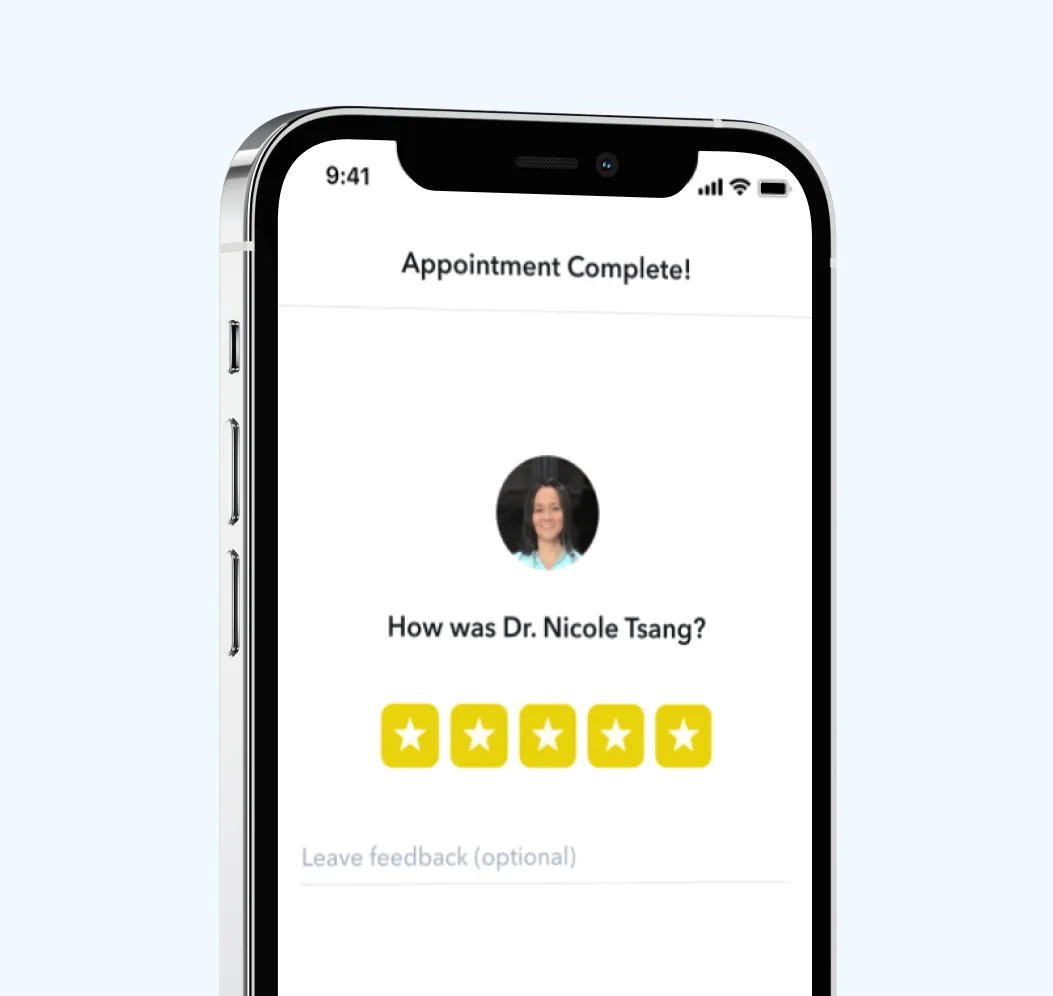All posts
Why is Circle Medical suspending COVID-19 testing during the shelter in place order?

Mary McQuilkin, NP, MPH
Mar 23, 2020
5 min

Testing is essential for tracking the spread of COVID-19 in communities. Population-level testing data is also critical to further our understanding of disease characteristics such as mortality rate, and to develop evidence-based public policies such as San Francisco’s shelter in place order. For individuals, COVID-19 testing informs the importance of measures to avoid spreading the infection to others, and whether hospitalization may be needed should symptoms worsen. There is no treatment for coronavirus though, so at the individual level, while testing is useful to inform behaviors, it doesn’t tell us that a specific treatment will be helpful, as with many other conditions we can diagnose with a test.
Before March 23, Circle Medical had been screening patients with respiratory symptoms or known exposure to someone with COVID-19 using a video visit, then scheduling an in-person visit for a physical exam and testing if needed. This approach was based on the premise that the patients who were most likely to benefit from testing could be identified during a video visit, and the in-person visit could further whittle down the number of people who needed to be tested for COVID-19 by performing other assessments (e.g. if a rapid strep test performed on a person with a sore throat and fever is positive, that patient can be treated with antibiotics for strep throat and doesn’t also need a COVID-19 test). This protocol was created in the context of very limited availability of COVID-19 tests, federal government restrictions on the production of tests, and strict criteria providers have been required to use before ordering a test, implemented to limit how many are ordered during the shortage.
The coronavirus pandemic is evolving rapidly, as are policies from the local health department and state government. As community spread of COVID-19 has increased, and the entire state has been instructed to stay at home and practice social distancing, we need to adjust our strategy in caring for Circle Medical patients as well. People who are very ill with severe shortness of breath and fever may need to be hospitalized, so it is most efficient for such patients to be tested at a hospital that can provide intensive care. On the other hand, otherwise healthy people with mild symptoms such as slight chest discomfort, intermittent dry cough, or loss of smell are going to be instructed to stay at home and avoid contact with other people. This advice will not change whether a COVID-19 test is positive or negative.
In general, when we decide whether or not a medical test should be ordered, we must consider whether or not the result will change our treatment plan for the patient. For example, if during the last week of February you developed a cough after a coworker who had travelled back from China was diagnosed with COVID-19, and you work as a grocery store checker, it would have been important to diagnose the cause of the cough and fever. If it was determined to be a normal cold virus, you would be able to keep working because grocery stores are open and are a critical business during this time. But, if you tested positive for COVID-19, it would be important to stay home and not go to work to avoid spreading the infection to your customers buying food.
By assessing patients via video visit, then referring those who are likely to need treatment beyond supervised recovery at home directly to hospitals that can provide a higher level of care, rather than testing in our primary care office, we streamline and expedite the path for the most ill patients. And by advising patients with mild symptoms via video visit, we protect people who are not yet ill with COVID-19 and preserve tests and medical supplies such as masks and gowns, so they can be used for the care of seriously ill patients in hospitals. This protocol was developed while taking into account the ongoing shortage of healthcare resources our nation is facing, with the goal of doing the most good for the people in our community who need help the most.
More COVID-19 tests are rapidly becoming available, and other healthcare resources are being redistributed across the nation, so our testing protocol will likely change yet again as the situation evolves. We hope to expand testing to more people soon, but we want to make sure the most vulnerable people in our communities — such as those who are hospitalized — have access to testing, and we want to avoid causing harm by contributing to virus transmission — either by getting sick ourselves and infecting our patients, or by creating situations where the virus would spread between patients. This commitment to doing no harm, and to helping nurses and doctors working in ERs and intensive care units stay safe while continuing their essential work caring for critically ill patients, is at the heart of our updated COVID-19 testing strategy.
At Circle Medical, we are continuing to re-evaluate our response to the pandemic daily. We are all in this together. As primary care providers, we are available for you and continue to provide care via video visits, with limited availability of in-person care for special situations. If you have any questions or health concerns, please schedule an appointment with your PCP.
See related post An Explanation of the Risks & Benefits of Screening Tests, which discusses the use of tests in healthy people without symptoms to screen for conditions before disease develops. The post was written to explain screenings performed during wellness exams, but the principles of screening tests reviewed are relevant to understand recent news discussing the accuracy of COVID-19 diagnostic tests.

Circle Medical Providers must meet all of the following standards:
-
Exceptionally qualified in their field
-
Board-certified
-
Deeply empathetic for patients
-
Follows evidence-based care guidelines
-
Embracing of diverse patient backgrounds
-
Impeccable record of previous care
400+ Primary Care Providers.
100% Confidence.
No matter which Provider you choose, you will be seen by a clinician who cares deeply about your health and wants to help you live your happiest, healthiest life.
Circle Medical Providers are held to an exceptionally high standard of compassionate, evidence-based care.
Book Appointment

